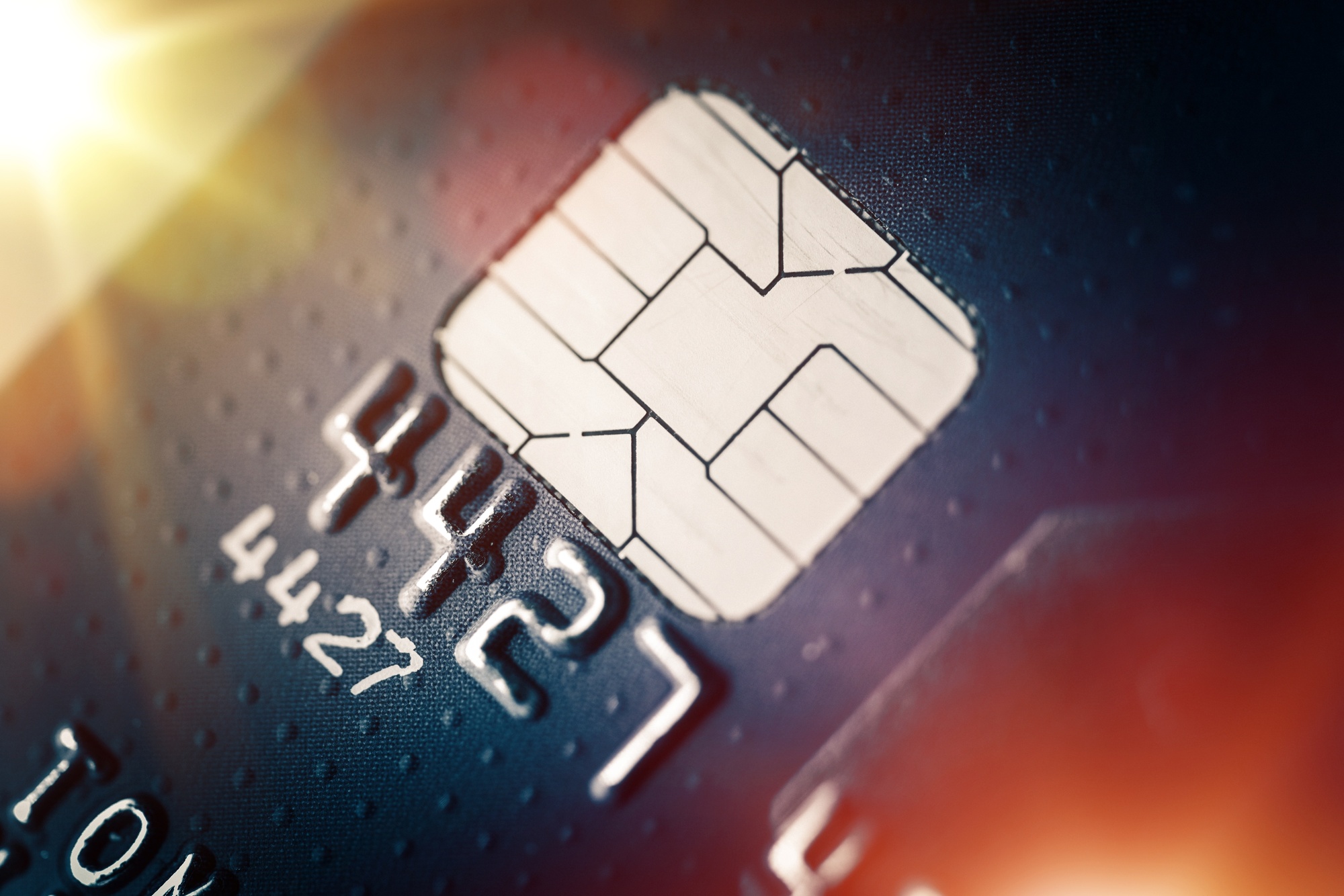
Credit Card Payments System Concept Photo. Banking Theme.
The average household has over £2,000 in debt in 2021. While credit cards are nearly essential to our everyday lives, making sure we’re making payments on time can admittedly be difficult.
But how do you manage credit card debt? What are some strategies you can use to make sure you aren’t accruing more credit card debt than you already have?
That’s what we’re here to look at today. Read on to find out more about how to manage credit card debt.
Keep Paying Credit Card Bills
It might be daunting to try and find a quick way to eliminate your entire credit debt in one swift blow. However, as with any debt, understanding how to manage credit card debt starts with continuing your regular payments.
The point of these strategies is to build your credit-saving strategies to effectively get rid of your debt. Paying your regular bills is one of the first and most crucial credit card debt management tips.
As such, keep paying your regular bills as you use your card. You can, however, decrease the amount you pay each month…
Spend Responsibly
As soon as you commit to paying your credit card bills on a regular basis, it’s time to manage your spending. This means targeting your bare essential spending items and eliminating any wasteful spending.
There are plenty of ways you can improve your spending responsibility. One is to always be aware of whether something you buy should be on your card in the first place. Can you pay it off in a timely manner?
Developing a budget for each week is another great way to spend more responsibly. If you’re an impulse buyer, you can buck those habits here as well.
Create Repayment Strategy
Now that you’re actively building better habits, it’s time to create a strategy for getting rid of your credit card debt. You should use the SMART framework (“specific, manageable, attainable, realistic, time-bound”).
A SMART repayment strategy might include paying off your smallest debts first to create a snowball repayment effect. You can also do the opposite by targeting your largest debts and repaying those off first.
If you often forget to pay off your debts, you should set up automatic payments each month to make sure you’re always staying on the right track. Always make sure these goals are realistic, manageable, and time-sensitive.
You can even set IVA spending restrictions on yourself to keep your repayment more structured.
Maintain Emergency Fund
There are plenty of reasons to maintain an emergency fund, the least of which is to continue payments even in the wake of an economic disaster or unemployment. Credit always needs repaying after all.
An emergency fund that’s equal to about five or six months’ worth of expenses is a healthy mark to hit. The more you save, the bigger your safety blanket as you go on with your repayment strategy.
Pay More Than Minimum Amounts
Finally, always look to pay a little or a lot more than the minimum repayment amount your card issuer presents. By paying little by little, you’re only elongating the repayment process.
Pay more than the minimum as often as you can, and get results faster!
How to Manage Credit Card Debt Responsibly
Knowing how to manage credit card debt starts with creating a strategy that works for you. Use this credit card debt management guide to help you start paying those loans off today!
For more informative articles on credit card debt management and other topics, check out the rest of our site!
Leave a Reply